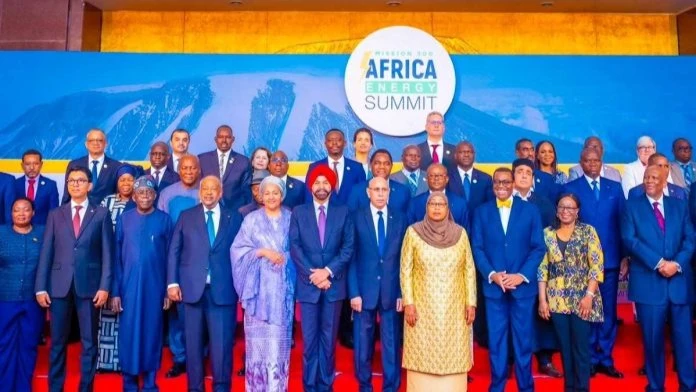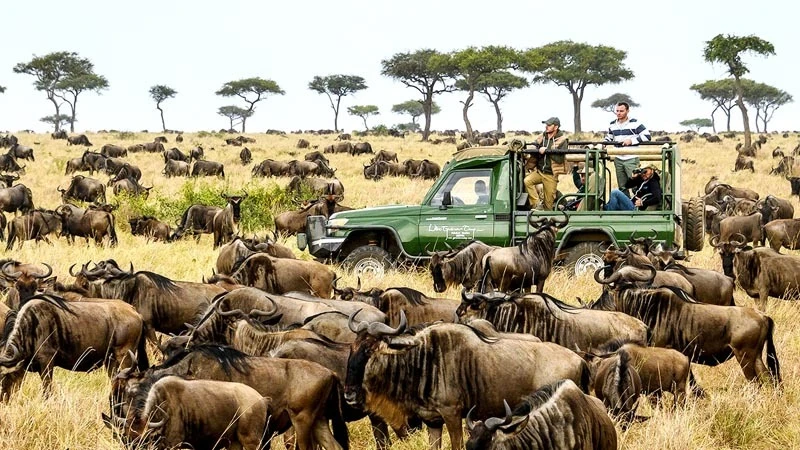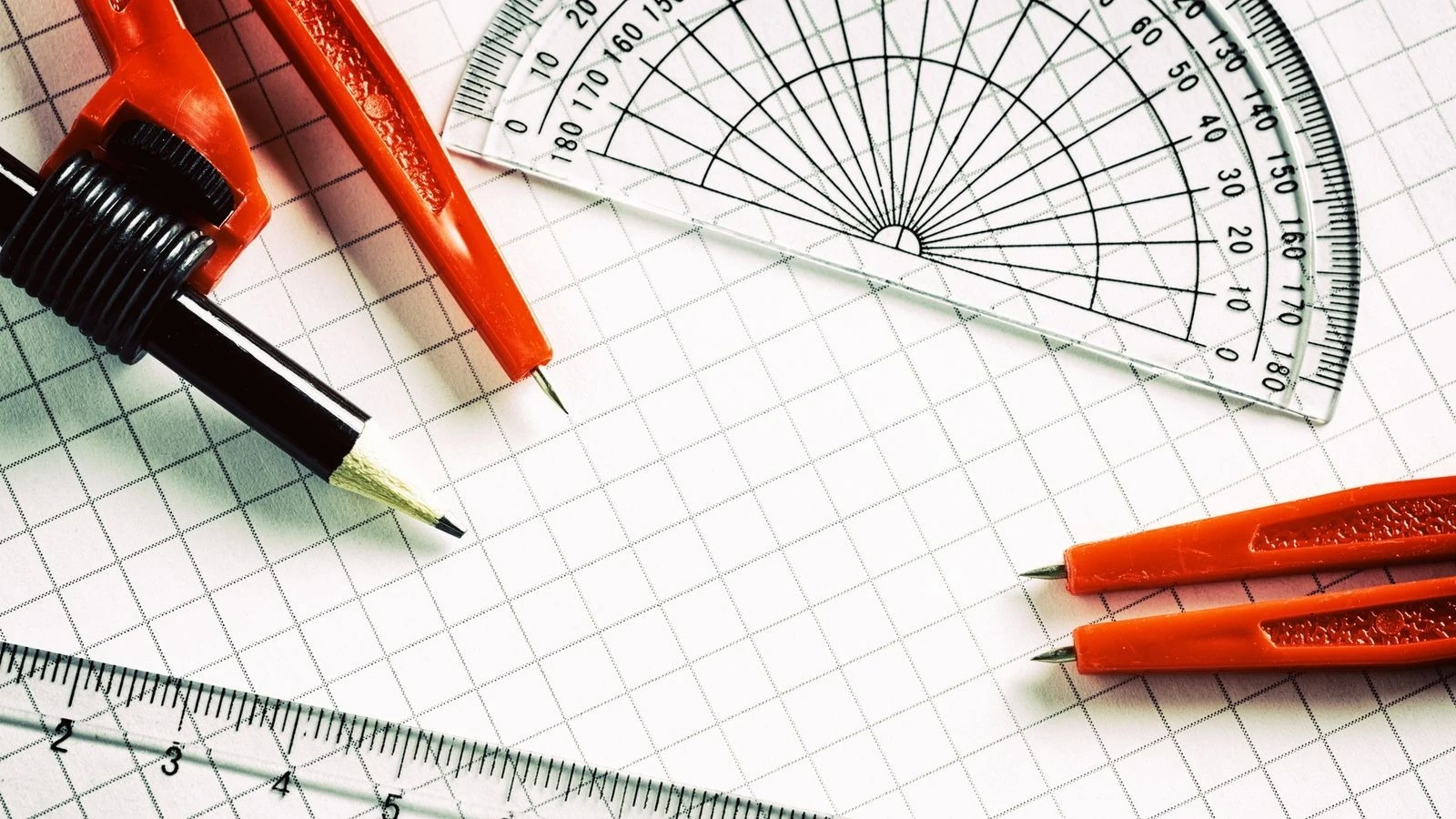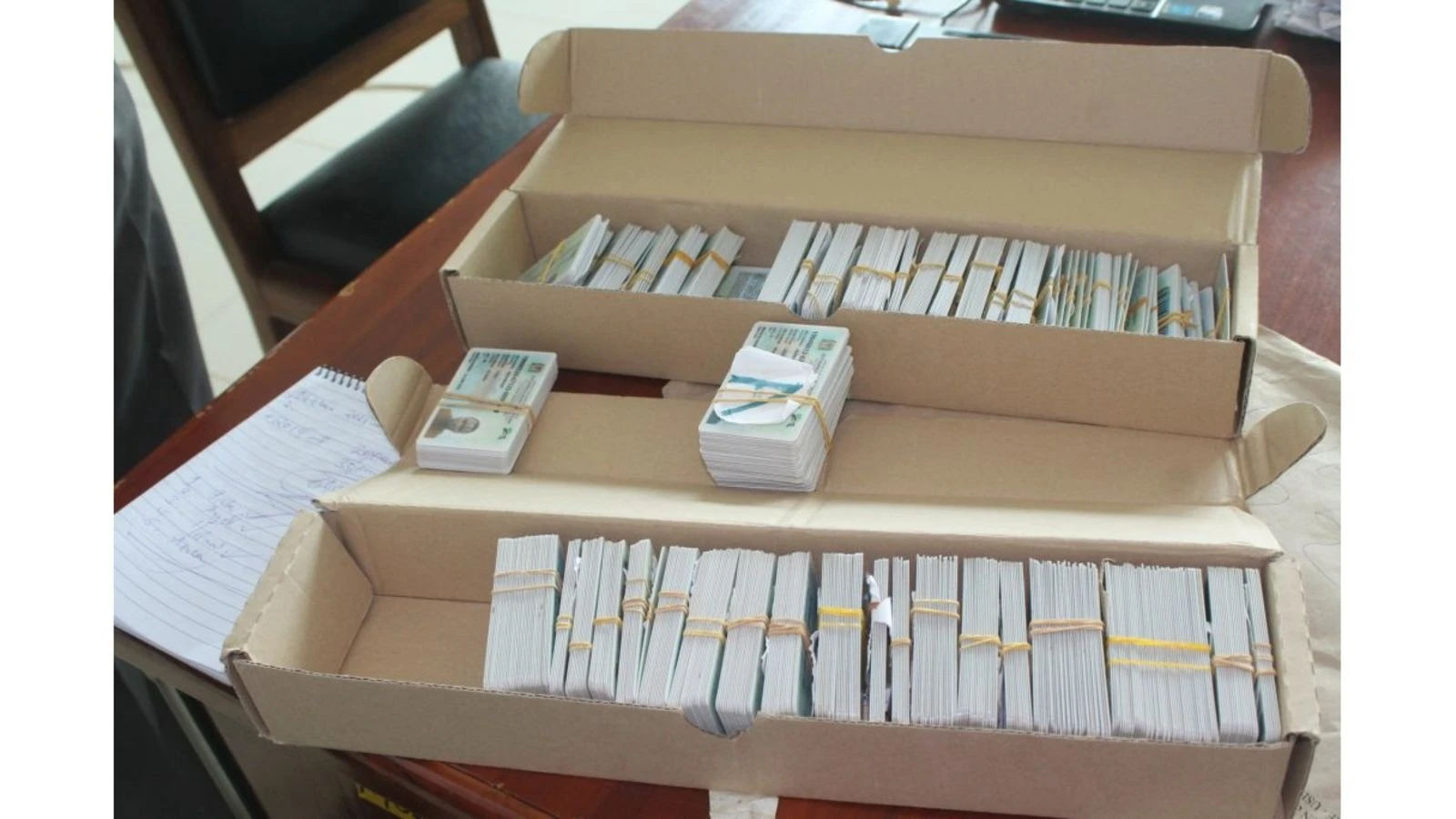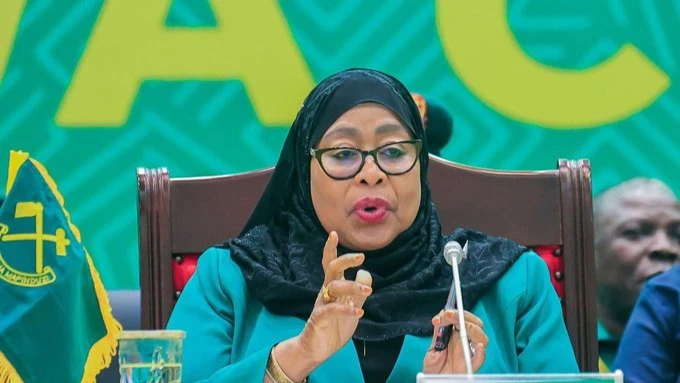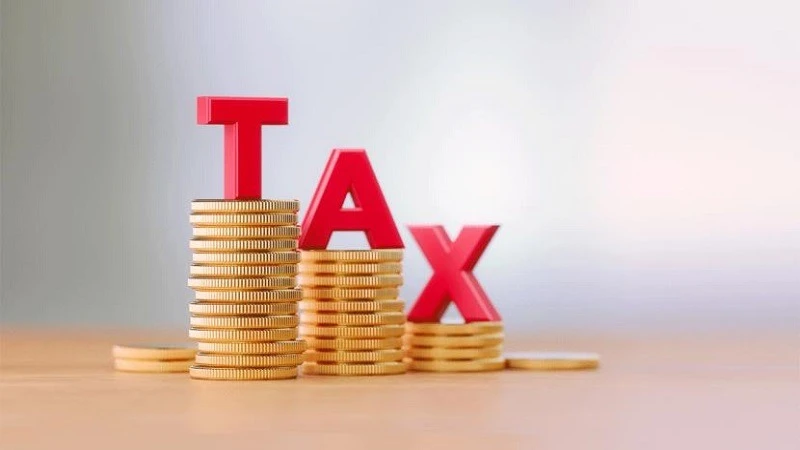2024 saw disasters, even as Tanzania was joyous by far
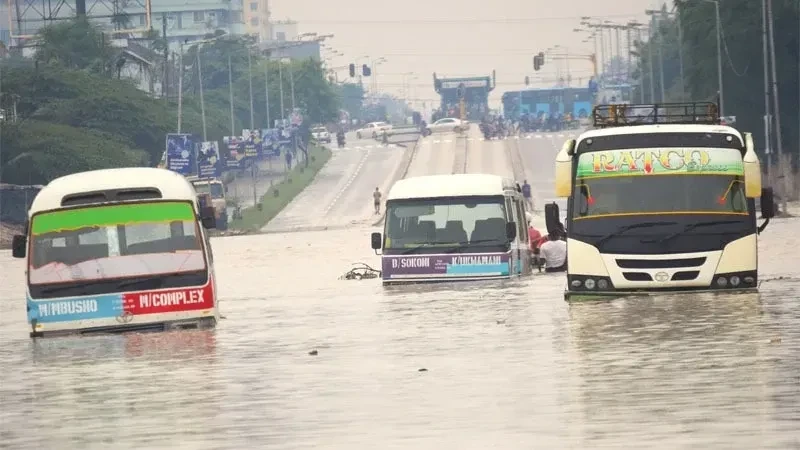
MANY in various parts of the country will be ruing catastrophic incidents witnessed or experienced over the past year.
Compared to what other countries near and far experienced, though, ours would easily be classified as a generally good year.
The more hectic challenges faced included the impact of El Niño rains and a rare cyclone going by the name of Hidaya. These caused floods and landslides ending in grievous damage to various infrastructure and other property.
Those were visible marks of climate change; our neighbours suffered much more.
The shortage of foreign currency, in particular the US dollar, taxed policy makers to come up with hypothetical responses. The dollar started being quoted lower not because we earned more dollars but essentially because selling in dollars is banned.
Administrators would be excused if they focused on solid successes in various fields, at times progress being noticed and then at some other moment seemingly halting.
There is plenty of optimism on the country’s growth potential, given the remarkable progress witnessed across various sectors – particularly road, health and education infrastructure, where the government is making strides previously unheard-of.
Agriculture is meanwhile seeing a rising share of local and foreign investments for special produce, one being avocados.
The landmark moment in socioeconomic change was opening to passenger traffic the Dar es Salaam-Morogoro stretch of the standard gauge railway (SGR).
This soon extended to Dodoma and starts making transit by car outdated, while air travel now looks unnecessarily expensive. The train ride is convenient enough for tourists to skip charter aircraft from the international airport, instead take speed train to Morogoro and then drive to the parks.
The start of power generation at the Julius Nyerere hydropower project, ultimately expected to boost the country’s electricity production to 3,169 megawatts, was a noticeable moment as well as within a few years it more than doubles power outlays.
The result is all the same not rosy for city dwellers still need transformers, what with intermittent power cuts. Even with administrative effort on energy transition focused on natural gas, development partners were steadily preferring renewables as 2024 entered its last months.
Saying that 2025 will be a crucial year for the country’s political landscape can be an understatement, except if one is hugely optimistic on prospects around the coming presidential and parliamentary elections.
With the rather civic polls now sliding out of memory, some traps remain for late this year’s General Election, as the civic polls emboldened both sides. Yet there will be room for those who wish to survive in politics rather than rock the boat, and so far it appears that they will prevail.
Top Headlines
© 2025 IPPMEDIA.COM. ALL RIGHTS RESERVED










